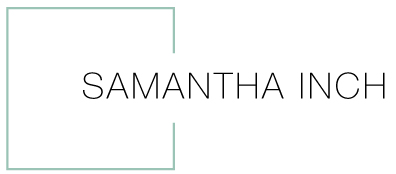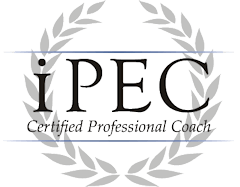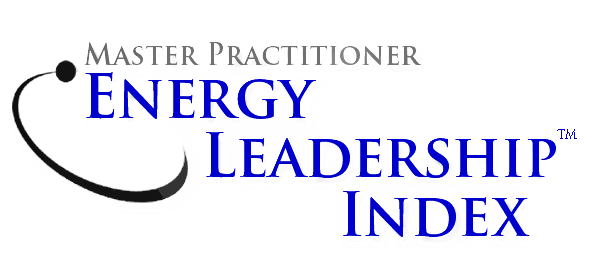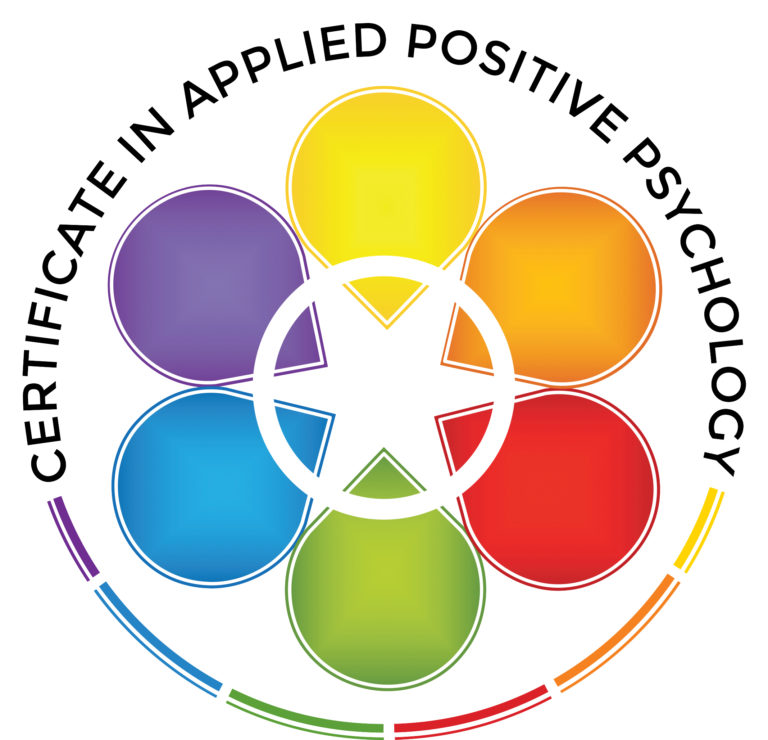Each December as another year winds down, I reflect on:
The lows of the year – and what lessons I learned from difficult situations.
The highs of the year – and what momentum I gained from making progress toward my goals.
Gratitude for the year — and for the human experience. Deepak Chopra reminds us that we are the only species who experiences full consciousness. The lows and highs are part of that experience.
Dr. Fred Luskin
I help my clients facilitate this process for themselves through a series of exercises, but I’ve realized this year that something was missing. I’m adding another category into the mix:
Forgiveness – a process of accepting the people or situations that have caused us discomfort and suffering
Ironically, my last blog post was about vulnerability. I must have subconsciously chosen to write about vulnerability before forgiveness because it is the appropriate pre-requisite. In order to forgive, we must get vulnerable enough to break down the emotional walls we’ve built to protect ourselves. We must stare anger or grief directly in the face and re-experience the pain. Dealing with the messy stuff is the first step toward forgiveness. You can’t go around it, you have to go through it.
To understand forgiveness a bit more, I’m choosing to spotlight another one of my favorite thought leaders from this year’s World Happiness Summit. My third and final WoHaSu recap features Dr. Fred Luskin, researcher and Director of the Stanford University Forgiveness Project.
Dr. Luskin applies his forgiveness methods to people suffering from deep resentment and anger. He has helped many people improve their lives including those who have experienced emotional trauma as a result of violence in Northern Ireland, Sierra Leone, and the September 11 attacks.
The starting point of forgiveness, Dr. Luskin says, is to admit the inevitability of pain. Basically, there is no human who is exempt from getting hurt. So, his next question is logical: if we know people are going to hurt us, why have we not built the skill of feeling pain without having to make someone our enemy?
“I had a close friend betray me and I was upset at him for years,” Luskin said. “It was in the midst of this, that I realized I had a real problem. There is something really troubling about not being able to get over something and being stuck in it for so long. Rather than looking at ourselves or our habits to try to ease suffering, we find reasons outside of ourselves to blame for our unhappiness,” he says.
The explanation for this begins with our biological wiring. Neurologically, our initial instinct is to protect ourselves from harm. When we feel threatened, our defense mechanism is to attack, run away or shut down.
But we can’t blame the brain’s threat response for what we put ourselves through during the days, weeks and years that follow. While it is normal to go through a brief threat response when someone hurts us, it transitions to abnormal when we allow that stress response to linger. We allow the pain to remain a prominent part of our lives by holding onto stories that reflect the worst parts of our experiences.
If you have someone in your life that has caused you pain — a broken-heart, betrayal, abandonment, shame, violation or rejection, — you are allowed to feel angry, sad, anxious, jealous, insecure, or any of the other negative emotions that come as a result of being hurt by another person. Dr. Luskin isn’t saying that your feelings aren’t justified toward the other person. Rather, he offers this harsh truth: it’s not the other person’s fault that you’re not skilled at self-soothing. Therefore they can’t be blamed for your longer term unhappiness.
Dr. Luskin offers this alternative path to forgiveness:
Alter your expectation of trust in other people. He says the only thing we can trust other people to do, is to act like themselves. Once you remove expectations, you see people for who they really are.
Know your deal breakers – in other words, the boundaries that you are unwilling to compromise on. The next time someone hurts you and it’s not in the deal breaker category, consider the choice you have to allow your mind to process the pain and move on, as opposed to allowing the pain to dictate your relationship with that person indefinitely.
Going forward in your relationships, notice if you have a habit of looking for someone’s good qualities or if you gravitate toward the “negative” stuff that annoys you about them. Notice if you spend more time “armoring up” to make sure someone doesn’t hurt you or if you spend more time actively finding the things that are good about people.
Notice how my summary of Dr. Luskin’s forgiveness advice doesn’t include saying, “I forgive you” to the other person. There is a reason for this. Forgiveness is not the same as reconciliation. While saying “I forgive you,” is absolutely an option, Dr. Luskin says offering forgiveness is more of an internal process. “It’s the experience of finding peace for yourself,” he says.
When we forgive for the goal of being at peace, we become empowered. We don’t automatically require better behavior from our offender because we are in charge of how we think about this person, and thus, in charge of the degree to which they impact us. We can make the choice to move on whether or not our offender changes. This is not to suggest that you can’t have a conversation with the person about what they did to hurt you and how you can repair the relationship. That is one option. But the larger point Dr. Luskin makes is that when you decide to forgive a person, it’s your chance to take back your own power rather than be victim to the situation. Your act of forgiveness provides you with a fresh start and new possibilities that are all in your control.
Members of Dr. Luskin’s forgiveness project have found ways to stop blaming other people for problems in their life. We can all do the same if we choose to release the bitterness and resentment we’ve created in our heads.
Fortunately, these last few weeks of the year serve as a timely opportunity to use forgiveness as a self-care strategy. As you transition to a new year and a fresh start, why not take Dr. Luskin’s advice and begin your own forgiveness process as one step toward emotional wellbeing




